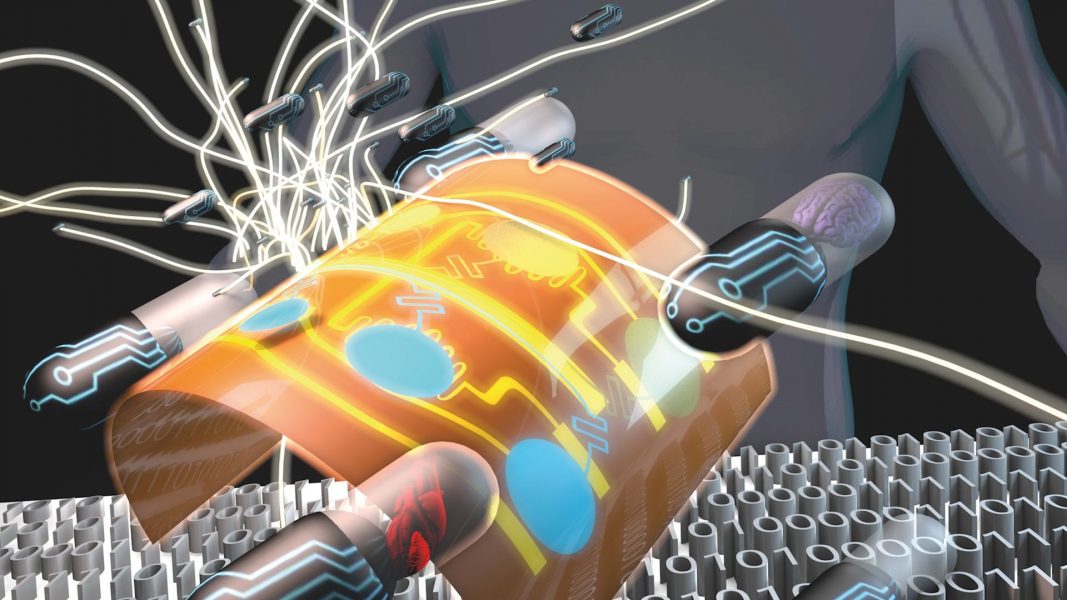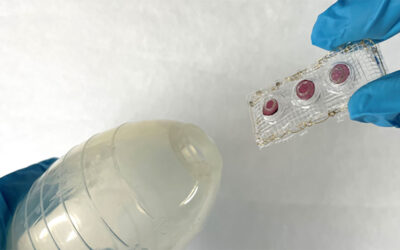Expanding accessibility to affordable healthcare is essential for a growing population. Scaling down healthcare systems to the microscale can provide portable, reliable healthcare devices, but cost-efficiency remains a challenge.
In their review in Advanced Materials, Muhammad Mustafa Hussain and his co-workers from King Abdullah University of Science and Technology, Saudi Arabia, address the potential of complementary metal-oxide semiconductor (CMOS)-based microfluidic devices for affordable personalized healthcare.
Prof. Muhammad M. Hussain: Personalized point-of-care healthcare is a fast and cost-effective alternative to conventional healthcare. This can be achieved by using small, energy-efficient devices that are able to analyze low amounts of an unprocessed sample.
CMOS-based devices offer an easy and energy-efficient way to combine multiple functionalities in a small area. Sensors, signal conditioners, data processing circuitry, actuators, and wireless communication capabilities can be combined toward a universal lab-on-a-chip platform. Integrating this with microfluidics offers fast and cost-efficient operation, with low material consumption and high sensitivity.
The main challenge we face today is reducing the cost of device fabrication. Automated and simplified fabrication methods are a way to achieve this. Paper-based microfluidic devices could provide a cost-effective alternative to current polymer-based devices. What’s more, paper-based devices are flexible, making them compatible with human skin.
To find out more about CMOS-based microfluidic devices for affordable personalized healthcare, please visit the Advanced Materials homepage.

















